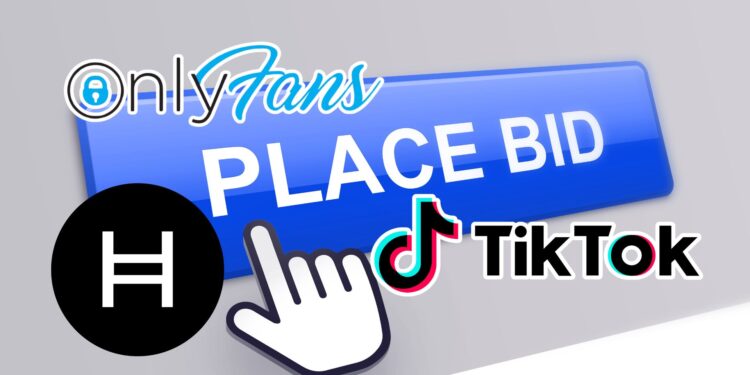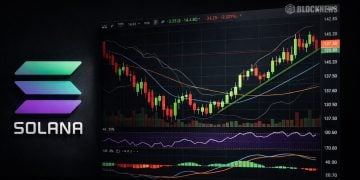- Zoop + HBAR Foundation are trying to buy TikTok’s U.S. biz, competing with tech giants like Amazon and Microsoft.
- The move responds to a 2024 law forcing ByteDance to divest its U.S. TikTok assets due to national security issues.
- If approved, it could fuse social media with decentralized tech, giving creators more power and possibly changing the way platforms handle content, data, and monetization.
In a twist straight outta crypto Twitter fever dreams, Zoop — a rising social app launched by OnlyFans founder Tim Stokely — has officially teamed up with the HBAR Foundation to make a move on TikTok’s U.S. operations.
Yup. They’re throwing their hat in the ring alongside heavyweights like Amazon, Microsoft, Oracle, and even Rumble.
So… Why’s TikTok Up for Sale Anyway?
It all goes back to that law passed in 2024 — the one that basically said ByteDance, TikTok’s China-based parent company, had to sell off its U.S. assets or risk being banned. National security and data privacy concerns, the usual drill.
The original deadline to comply was January 19, but once President Trump returned to office, he gave everyone a bit more breathing room — 75 extra days, pushing the cutoff to April 5. That’s… like right now.
Whether there’ll be another extension? Still totally up in the air. If Congress doesn’t step in, the law stands.
Zoop’s Pitch: Creators Should Own the Value They Create
Zoop co-founder RJ Phillips made it clear: this isn’t just about acquiring TikTok — it’s about flipping the model. His vision? A platform where creators and communities actually benefit from the content they generate, not just the corporations behind the curtain.
Think revenue sharing. Think data ownership. Think… Web3, obviously.
And guess who’s helping drive that vision? The HBAR Foundation, tied to the Hedera network, which has a market cap north of $7.3 billion. They’re not being subtle either — they posted TikTok’s logo on X (formerly Twitter) on April 2. Loud and proud.
Could This Be TikTok Meets DeFi?
If this deal actually goes through (and that’s still a big if), it could set off a whole new era in social media — one where platforms are powered by decentralized tech, and users maybe (finally?) get a cut of the value they help create.
Better creator tools. Transparent algorithms. Data ownership. Maybe even token rewards? It’s ambitious, yeah, but that’s kinda the point.














